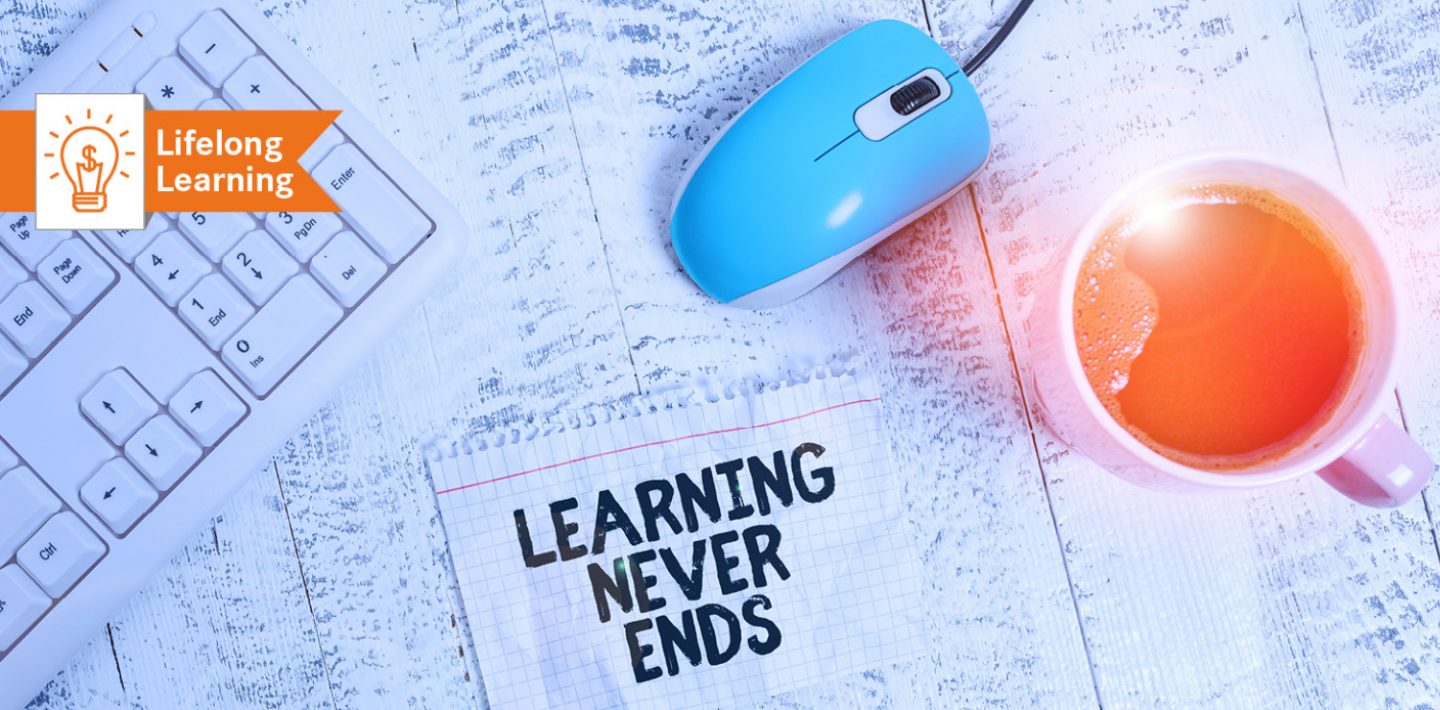
|
“In today’s fast-changing world, it’s not so much what you know anymore that counts, because often what you know is old. It is how fast you learn. That skill is priceless.” Robert Kiyosaki |
The acquired knowledge must always be updated and expanded to meet changing requirements. This is also reflected in the results of the Hays HR Report 2020 Lifelong Learning: half of the participants in the survey cited a faster expiry time of knowledge and the emergence of new job profiles as reasons for their companies’ training offers.1 However, the success of a company is not exclusively based on professionally well-trained employees. According to the Upskilling 2020 trend study,2 personal, social and methodological competences, the soft skills, such as conflict skills and management (43.6 percent of respondents), problem-solving skills (42.3 percent) and the ability to work in a team (39.2 percent) are also becoming increasingly important for large and medium-sized companies.
Soft skills are in greater demand than before, especially due to the Covid-19 pandemic. The fact that these are becoming more important in dealing with the demands of the pandemic also corresponds to the opinion of a third (36%) of managers in a survey on the labour market 2020.3 Working at a distance due to the pandemic, whether within one’s own team or in interdepartmental projects, requires a higher degree of communication, team and conflict skills than it was the case before the pandemic.
Distinct soft skills make remote work easier
For many, the pandemic situation and the associated constant work in the home office is stressful. When working at a distance, communication within the team no longer takes place naturally. In addition, the sense of belonging and identification with the employer also decrease with long-term home offices. An internal LAPP study shows that 45.2% of employees constantly lack personal contact with colleagues. 43.3% experience a feeling of isolation from time to time.4 Overall, more than 80% of employees suffer constantly or occasionally from reduced personal contact. Since it is to be expected that the situation of working at a distance will continue, LAPP developed a new format with short learning impulses to develop employees personally and professionally also within their teams: The LAPP Learn Challenge. The focus of the first LAPP Learn Challenge is therefore on the topic of “belonging”. Together, the communication within the teams shall be improved, the maintenance of personal contact facilitated and a higher transparency enabled. The aim of the LAPP Learn Callenge is the transfer of knowledge and reflection within the individual teams in order to meet the challenges of working at a distance.
The Learn Challenge format is part of LAPP’s transformation into a continuous learning organisation driven by the principle of lifelong learning. During a six-week period, different learning focuses are set, for example on communication or team cohesion. Each topic is complemented by applicable tips and assistance to successfully master stressful situations or problems. The information is accompanied by voluntary tasks that can be integrated into the daily work routine with a small amount of time. In this way, short learning impulses can achieve great success regarding the sense of belonging, team cohesion, communication as well as trust within the teams.
Establishment of a healthy learning culture
It is important for LAPP that self-managed learning is possible. It is about mutual trust between employees and the company that everyone is allowed to learn and is also willing to further develop their professional and personal skills. LAPP encourages and challenges employees’ willingness to learn by offering a range of formats for further training. The concept of the LAPP Learn Challenge is intended to support employees in integrating their knowledge and skills development into their daily work. Everyone should be able to learn according to the situation and reflect on their learning success on their own responsibility. This is the basic idea of the LAPP Learn Challenge, which Eva Martinez, Head of Global HR Development and International Assignments at LAPP, brought to life: “At LAPP, we see it as our responsibility as a company to prepare our employees for future challenges in the best possible way. This is the only way we can continue to serve our customers in the long term and be successful as a company. In a world where we cannot predict exactly which job profiles will be relevant in the future, creating a culture of lifelong learning and trust is the only solution. This is our basis for healthy and continuous growth and the answer to the challenges of today and tomorrow.”
______________________
1 https://www.hays.de/personaldienstleistung-aktuell/studie/hr-report-2020-lebenslanges-lernen
2 https://www.iubh-university.de/news/whitepaper-upskilling-2020/
3 https://vwi.org/soft-skills-corona-veraendert-den-fokus/
4 Preisack, P. (2020). Anforderungen an Führungskräfte von remote Leadership- Analyse des Status quo bei der LAPP Gruppe sowie Handlungsempfehlungen (unveröffentlichte Bachelor-Thesis). Hochschule für Technik Stuttgart.



